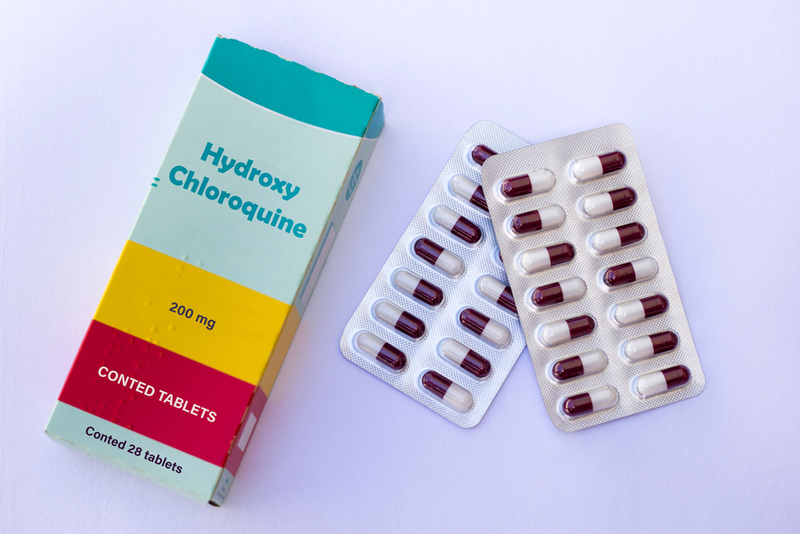'HCQ to be stopped from Solidarity Trial against COVID-19'- WHO expert
IANS Jun 19, 2020
A World Health Organization (WHO) expert said that the anti-malaria drug hydroxychloroquine (HCQ) will be stopped from the Solidarity Trial, as it did not reduce the mortality rate of COVID-19 patients.
For our comprehensive coverage and latest updates on COVID-19 click here.

"Based on the analysis and on the review of the published evidence, the executive group of the Solidarity/recovery trial has after the deliberation concluded that hydroxychloroquine arm will be stopped from the Solidarity Trial," Ana Maria Henao Restrepo, Medical Officer, Department of Immunization Vaccines and Biologicals at WHO said on June 17 here.
"The internal evidence from the Solidarity discovery trial, the external evidence from the Recovery trial, and the combined evidence from these large randomized trials bring together, suggest that hydroxychloroquine, when compared with the standard of care in the treatment of hospitalized COVID patients, does not result in the reduction of the mortality of those patients," Xinhua news agency quoted the Officer as saying. Meanwhile, Restrepo emphasized that this does not constitute a WHO policy and that this is not a WHO policy recommendation. "This is focus on what we are doing on the Solidarity Trial on randomization for COVID patients, but does not apply outside that, and it doesn't constitute WHO policy -- WHO has different processes for developing of guidelines," she added.
Earlier, Michael Ryan, executive director of WHO Health Emergencies Program, said that HCQ and chloroquine were included in the ongoing "Solidarity trials" that took place across multiple countries. WHO had advised that these drugs be reserved for the treatment of COVID-19 patients within such trials. Earlier this week, the US partially partially stopped the use of HCQ and chloroquine to treat COVID-19, suspending it in hospital settings but allowing it elsewhere under doctor's care.
The US Food and Drug Administration (FDA) said on June 15 that it was withdrawing the emergency use authorisation (EUA) for treating coronavirus patients in hospitals with the two politically controversial anti-malarial drugs because data showed they "are unlikely to be effective" and had "serious side effects". But Health Secretary Alex Azar clarified that the FDA ruling was limited to hospital use with "the most extreme cases" and the medicines have not been completely banned and doctors can continue to prescribe them.
-
Exclusive Write-ups & Webinars by KOLs
-
Daily Quiz by specialty
-
Paid Market Research Surveys
-
Case discussions, News & Journals' summaries